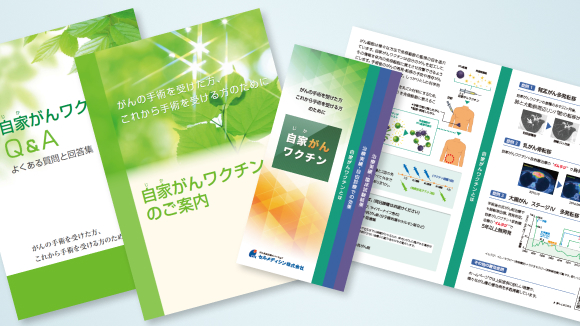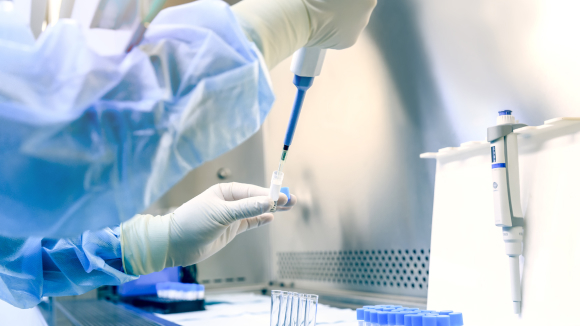Fumito Kuranishi1, Yoshinori Kuroda1, Toshiyuki Noriyuki1, Masahiro Nakahara1, Minoru Yamaki1, Daisuke Sumitani1, Kiyomi Shimoda1, Asuka Tanaka1, Michinori Hamaoka1,Kazuhiro Taguchi1, Gen Takahashi 1 and Tadao Ohno2
Affiliation:1 Department of Surgery, Onomichi General Hospital, Onomichi, Hiroshima 722-8508 and 2 Cell-Medicine, Inc., 2-1 Sengen, Tsukuba Science City, Ibaraki 305-0074, Japan
Meeting: American Association of Cancer Research, 102nd annual meeitng, 2011
Permanent Abstract Number: 5522
Introduction: Autologous formalin-fixed tumor vaccine (AFTV) containing formalin-fixed and/or paraffin-embedded tumor fragments is able to induce tumor specific CTL and suppresses recurrence of hepatocellular carcinoma after resection (Clin Cancer Res 2004; 10: 1574-9). We have used delayed-type hypersensitivity (DTH) test as a parameter of cellular immune response. We also found that slight but consistent population change has occurred in peripheral blood T lymphocytes after AFTV treatment.
Method: Thirty two breast cancers were operated in our hospital. AFTV was injected intradermally. DTH response to the tumor fragments without any adjuvant was determined if erythema was 10mm or more.
Results: After operation, standard chemotherapy, and enough time have passed to recover immunological function, we examined change of peripheral blood T-cell population in 32 cases with breast cancer. Among them, 27 cases turned DTH response from negative to positive after AFTV injection. In these patients, WBC counts increased 1.11 times; lymphocytes, 1.09 times; Th1 in CD4+ T cells, 1.07 times; regulatory T cells (Treg) in CD4+ T cells, 0.95 times, and Th1/Treg ratio, 1.17 times (statistically significant, 95%CI was 1.060-1.284).
Conclusion: AFTV probably strengthen the cellular immune response against cancer by improving Th1/Treg ratio in peripheral blood.

























